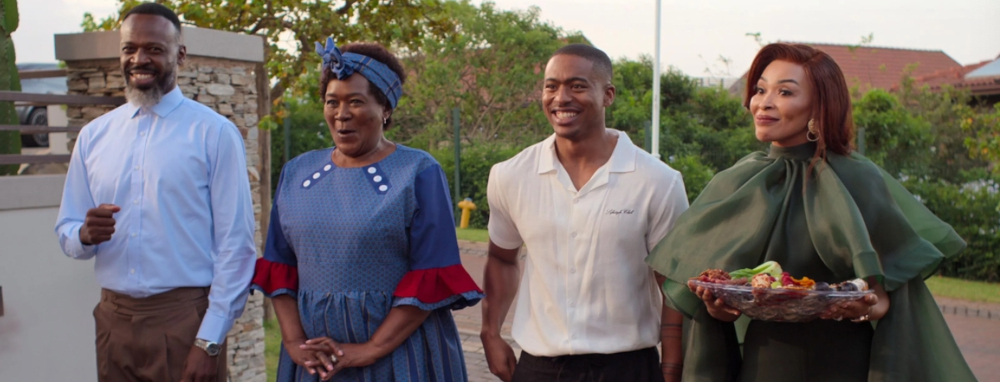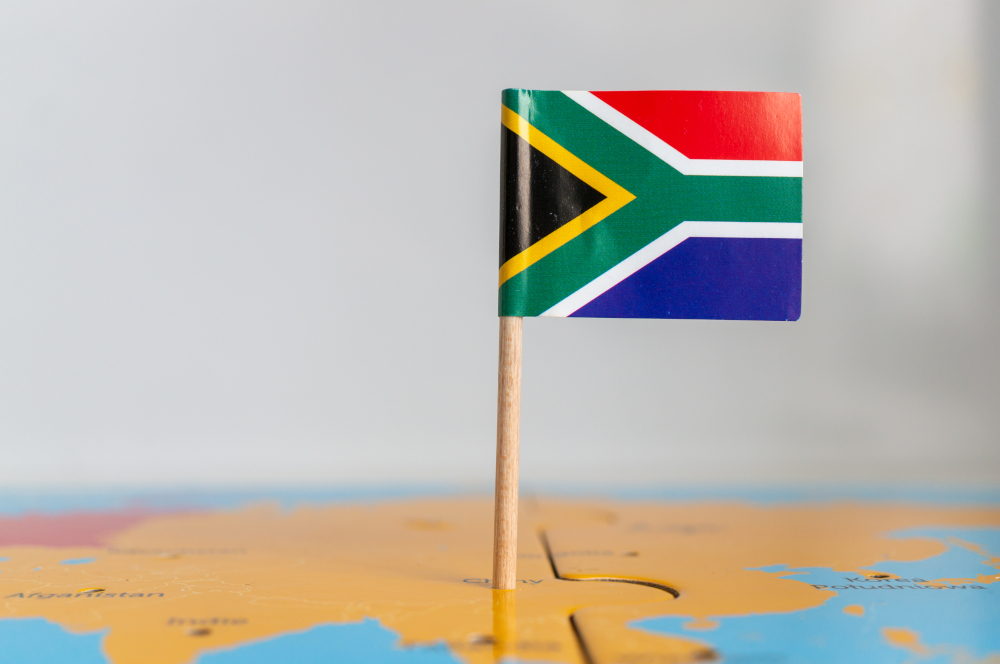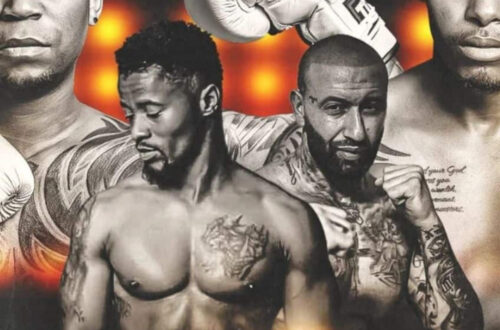
South Africa’s Suburban Soap, Meet the Khumalos Blends Laughs with Legacy
It’s a crisp evening in Cape Town, and more than a million viewers around the world are chuckling along to a story that feels intimately South African. Meet the Khumalos, Netflix’s latest local comedy, dropped on April 11 and rapidly climbed into must-watch territory. On screen, Grace Khumalo, played with zesty flair by Khanyi Mbau, welcomes a high school rival next door. What ensues is a perfect storm of suburban style wars, teenage heartaches, family drama and generous doses of humour, a show that reflects South African life with warmth, sass and just the right amount of spit.
For directors like Jayan Moodley, who brought us the original Meet the Kandasamys in 2017, and writers Gillian Breskin and Wendy Gumede, this film is a natural progression. They’ve taken the electrifying chemistry of township storytelling and expanded it into a rich tapestry featuring PTA chairmanship squabbles, simmering old grudges, and the undeniable awkwardness of teenage romance under the watchful eyes of their mothers. It runs for a tight 92 minutes, fast, funny, and unafraid to tug at heartstrings even while it keeps you laughing.
At its center is Grace Khumalo, a formidable businesswoman and suburban matriarch whose life is flipped upside down when Bongi Sithole (played by Ayanda Borotho), her former best friend-turned-archnemesis, moves into the house next door. When their children, Grace’s son Sizwe (Jesse Suntele) and Bongi’s daughter Sphe (Khosi Ngema), fall in love, the film becomes a high-stakes mix of Romeo & Juliet and PTA warfare. With supporting performances from Khanyi Mbau, Connie Chiume (in one of her final roles), Bonga Dlamini, Siyabonga Shibe, and more, the cast is both star-studded and deeply grounded in local authenticity.
 What makes Meet the Khumalos compelling beyond its vibrant performances and sharp writing is its ability to weave South African family life into every scene. It doesn’t pretend we live in a world apart, it mirrors our complexities. There’s humour in the way Grace frets over garden hedges while her son frets over his crush, tension when Bongi’s family’s laundry ends up with Grace’s, pride when matriarchal values clash in a single glance. It’s South African suburbia turned cinematic, with mood, style, and soul.
What makes Meet the Khumalos compelling beyond its vibrant performances and sharp writing is its ability to weave South African family life into every scene. It doesn’t pretend we live in a world apart, it mirrors our complexities. There’s humour in the way Grace frets over garden hedges while her son frets over his crush, tension when Bongi’s family’s laundry ends up with Grace’s, pride when matriarchal values clash in a single glance. It’s South African suburbia turned cinematic, with mood, style, and soul.
Critics and audiences didn’t hold back. Ruchika Bhat of DMTalkies praised the film as “a tight 1 hour 30 minutes of entertainment from start to finish,” and Moviedelic’s Ritesh Sharma applauded its “humor and warmth” in portraying everyday life. It’s rare for a South African comedy to hit this sweet spot of relatability, polish, and cheeky humour, yet this one manages it with flair.
The Netflix platform itself helps amplify its reach. As South Africa becomes a formidable entertainment production hub, partnerships with global platforms are shining a spotlight on local creators and talent. Even as streaming giants like Showmax remain strong at home, Netflix’s release of Meet the Khumalos signals how South African stories are being repackaged for the world, and finding a hungry audience.
Why did people gravitate toward Meet the Khumalos? Partly because it taps into a relatable dynamic, the competitive suburban neighbour rivalry relocated to a distinctly South African context. Partly because it doesn’t shy away from serious undercurrents, family estrangement, societal expectations, generational conflict, but always styles them with charm and levity. And largely because the cast owns it, Khanyi Mbau’s charisma, Ayanda Borotho’s cool-headed tension, Connie Chiume’s seasoned gravitas, they make this feel like our story, not someone else’s.
But perhaps what Meet the Khumalos really represents is this, our stories matter. They resonate. We laugh at jokes spun in Zulu, English, and slang, we nod at cultural gestures, we cheer when our actors walk across that global stage. Every hometown film that reaches global viewership is a reminder that South African creativity has punch, personality, and power.
As Meet the Khumalos cements its place in our Netflix queue, and sparks weekend conversations from Pretoria to Portland, it showcases a vital truth, entertainment is a mirror, and we’re ready to see ourselves reflected in it, in all our glory and grit.




